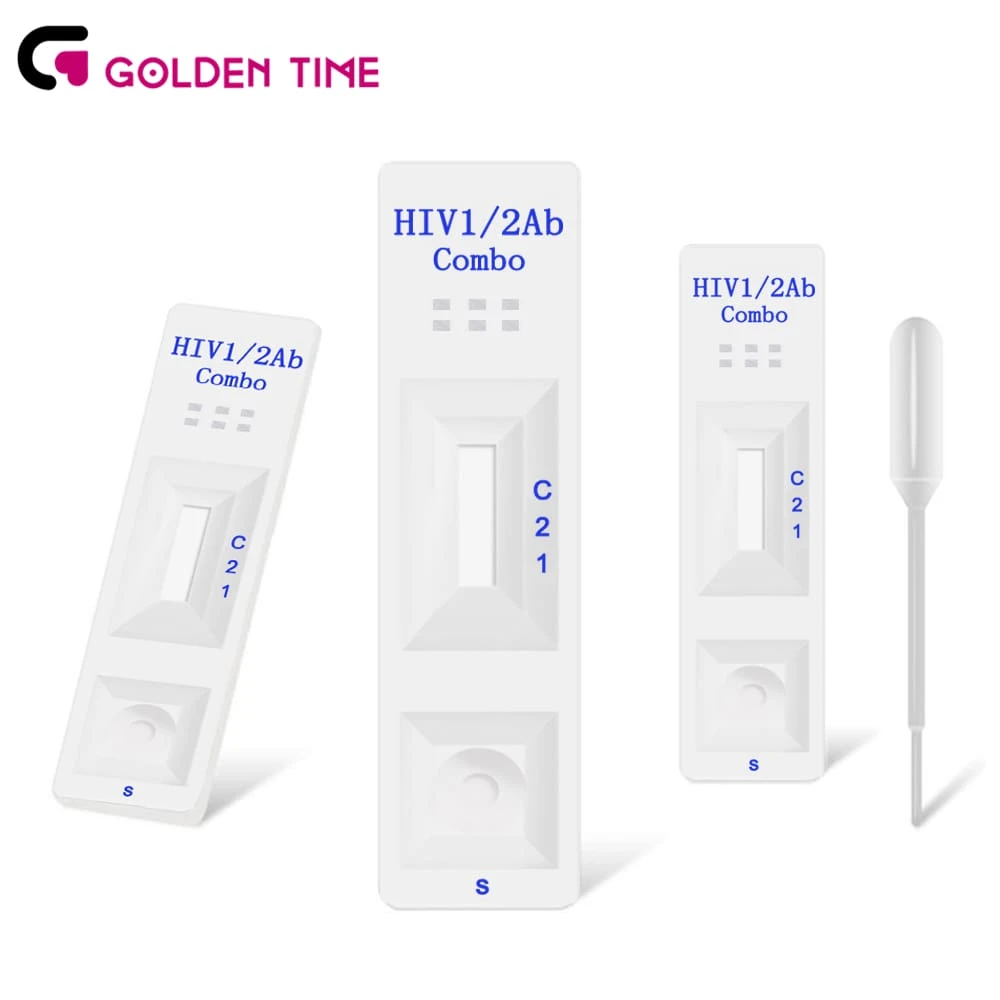Nov . 25, 2024 09:18 Back to list
Understanding the Challenges of Heterotopic Ectopic Pregnancy in Modern Medicine
Heterotopic Ectopic Pregnancy An Overview
Heterotopic ectopic pregnancy is a rare and complex condition where both an intrauterine and an ectopic pregnancy occur simultaneously within the same individual. This occurrence is quite uncommon, with an incidence estimated at about 1 in 30,000 pregnancies. Understanding this condition is crucial for timely diagnosis and appropriate management.
In a typical pregnancy, the fertilized egg implants itself in the uterine lining. However, in an ectopic pregnancy, the fertilized egg implants outside the uterus, most commonly in a fallopian tube. When a heterotopic pregnancy occurs, one embryo develops normally within the uterus while another grows outside, often leading to significant complications if not identified early.
Several factors may increase the risk of heterotopic pregnancies. These include previous pelvic surgery, infertility treatments such as in vitro fertilization (IVF), or a history of ectopic pregnancies. Additionally, women with certain reproductive health issues, such as pelvic inflammatory disease, may also be at a higher risk.
heterotopic ectopic pregnancy

Symptoms of heterotopic pregnancy can vary. Women may experience typical pregnancy symptoms, such as missed periods, nausea, and breast tenderness, alongside abdominal pain or discomfort, especially on one side. These symptoms may lead to confusion, making it essential for women to seek medical advice if they experience any unusual changes during their pregnancy.
Diagnosis often involves transvaginal ultrasound and serum human chorionic gonadotropin (hCG) level measurement. The presence of an intrauterine gestational sac alongside an adnexal mass on ultrasound can confirm the diagnosis. Timely diagnosis is critical as it can prevent severe complications associated with ectopic pregnancies, such as rupture and internal bleeding.
Management of heterotopic pregnancy typically depends on the location and health of the ectopic pregnancy. In some cases, if the intrauterine pregnancy is viable, healthcare providers may monitor the ectopic pregnancy conservatively. However, if the ectopic pregnancy is not viable and poses risks to the mother’s health, surgical intervention may be required.
In conclusion, heterotopic ectopic pregnancy is a rare yet serious condition that necessitates awareness and early detection. Women who are pregnant, especially those with risk factors, should be vigilant and seek prompt medical evaluation if they experience any concerning symptoms. By understanding this condition, healthcare providers can improve outcomes and ensure the safety of both the mother and the fetus.
-
Highly Accurate hCG Pregnancy Test Strips - 5 Min Results
NewsAug.02,2025
-
Premium Empty ABS Plastic Cassettes: Durable & Lightweight Storage
NewsAug.01,2025
-
Accurate Cocaine (Coc) Rapid Test Kit | Fast & Reliable Detection
NewsJul.31,2025
-
Accurate HCG Pregnancy Test Strips | Fast Home Use Kit
NewsJul.31,2025
-
Reliable Early Pregnancy Test Kit Supplier - Multi Plastic Cassette Options
NewsJul.30,2025
-
Transferrin Rapid Test Cassette – Reliable Tumor Marker Detection
NewsJul.29,2025

